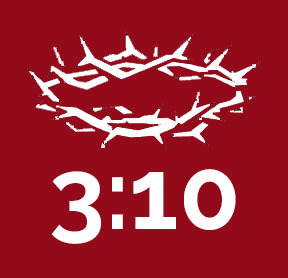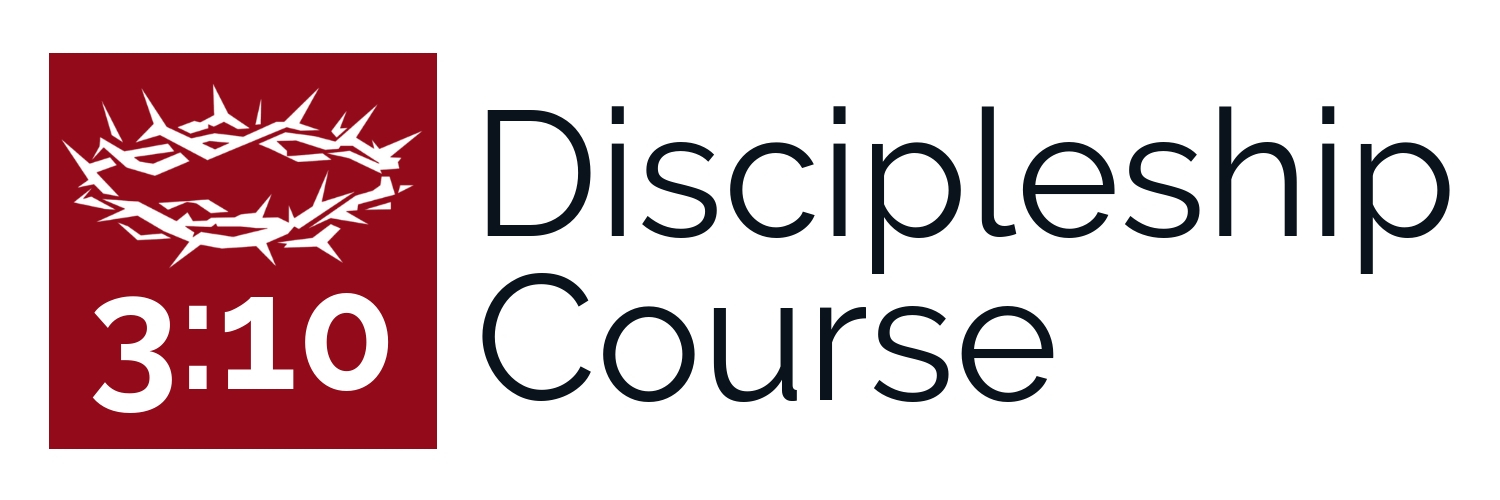Universalism & Two Covenant Theology
 Dome of the Church of the Holy Sepulchre, Jerusalem
Dome of the Church of the Holy Sepulchre, Jerusalem
Photo: © Fotolia.com
The idea that a person can only be saved from God's righteous judgement through faith in Yeshua Ha Mashiah has caused considerable difficulties for some people, particularly in a postmodern, multi-faith and multi-cultural world. The response has been of several kinds:
1. Universalism & A Move To A One World Religion
This is to be seen in the writings of theologians like Thomas Thangaraj of the World Council of Churches, which argue for a reinterpretation of Bibical theology and for a redefinition of Christianity in terms acceptable to those of other faiths and in keeping with the move towards a one world religious system. For more on this, see JESUS' EXCLUSIVITY.
2. Two-Covenant Theology
Another response has been Two Covenant Theology first proposed by Rabbi Moshe Ben Maimon and espoused by non-Messianic Jewish philosopher Franz Rosenzweig (1886-1929). In recent times it has been associated with John Hagee (IN DEFENSE OF ISRAEL:The Biblical Mandate For Supporting The Jewish State, Florida Front Line Press, 2007 pages 132, 136 and 143).
The main points may be summarised as follows -
• Jews have the Torah as the basis of their salvation; Christians have Christ
• Jews do not need to accept Jesus as Saviour & Lord to be saved
• Jesus never claimed to be Messiah.
• The Two Covenants are independent of one another.
Jews will be saved by observance of the Law of Moses; Gentiles will be saved by faith in Jesus Christ, who died for sinners and rose from the grave.




